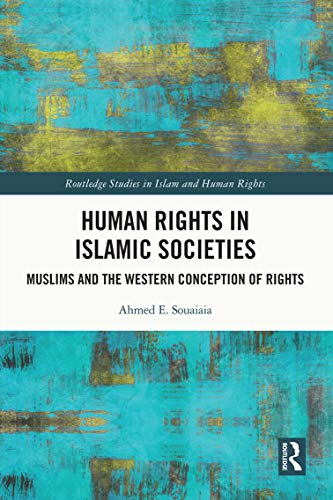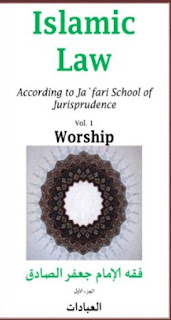Trousseau
Al-Jiház
The Imámi and the Hanafi schools concur that Dowry is the personal property of the wife and one of her rights. She can use it according to her own will, bequeathing it or buying her house with it, or saving it for her own use at her pleasure, and no one has the right to question or oppose her. The responsibility of furnishing their home lies solely on the husband and she is in no way responsible for anything, because maintenance, in all its different forms, is required only of the husband.
The Málikís say: It is incumbent upon the wife to buy from the Dowry she has received all those things which women of her status buy as their Trousseau, and if she has not received any Dowry then it is not mandatory for her to bring dowry except in the two following cases:
if the local custom considers it compulsory for the wife to bring trousseau even though she has not received anything;
if the husband sets the condition that she furnish their home with her own means.
If the husband and wife dispute regarding the ownership of any household item, it will be seen whether the item is used only by men or women or by both. Thus three different situations arise:
Where the item is appropriate for men only, such as his clothes, his books, his measuring instruments if he is an engineer or his medical apparatus if a doctor. The ownership of this kind of items shall be determined by accepting the word of the husband under oath, except when the wife furnishes proof that she is the owner. This is the opinion of the Imámi and the Hanafi schools.
Where the item is appropriate only for women, such as her clothes, jewelry, sewing machine, cosmetics, etc., the ownership of these shall be determined by accepting her word under oath, except when the husband furnishes proof to the contrary.
Where the item is used by either of them, such as carpets, curtains, etc., it shall be given to the party furnishing proof of its ownership. But if neither is unable to furnish proof, each of them shall testify under oath that the said item belongs to him/her; then the items will be equally divided between them. If one of the parties takes an oath while the other abstains, the party taking oath shall be given the item. This is the opinion of the Imámís.
Abu Hanifah and his student Muhammad are of the view that the husband's word shall be accepted regarding items of common use.
The Sháfi`ís say: If the husband and wife dispute regarding the ownership of household goods, these shall be divided between them irrespective of their being of individual or common use. (Mulhaqat al `urwah of al-Sayyid Kázim, chapter on qadá'; al-'ahwál ash-shakhsiyyah; Abú Zuhrah)




0 comments:
Post a Comment